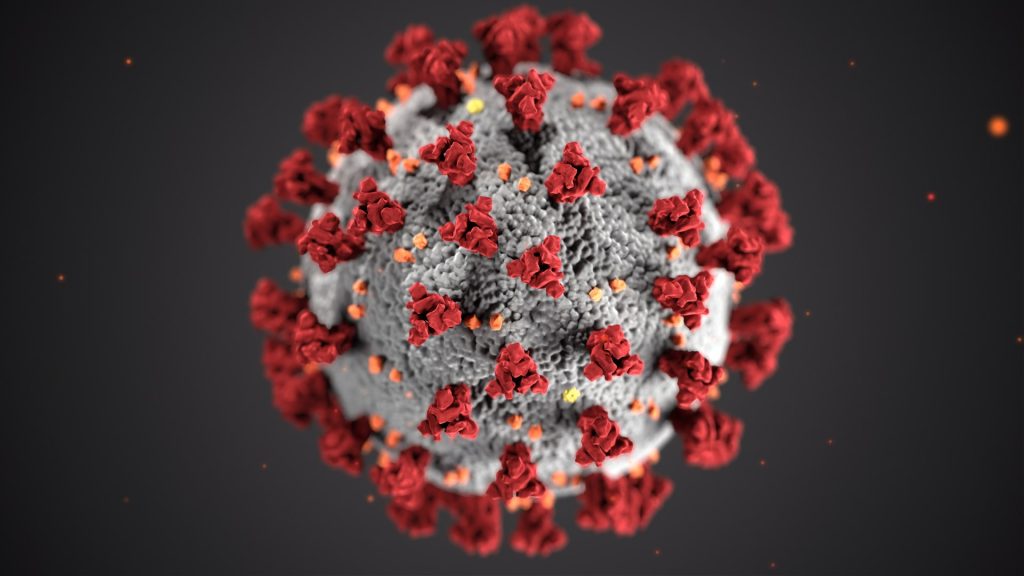
Viral load analysis of wastewater suggests that KwaZulu-Natal may already have entered the third wave of COVID infections, according to research by DUT.
The Institute for Water and Wastewater Technology, based at DUT, has been monitoring viral loads of wastewater at the central treatment plant in eThekwini since July 2020, and found a clear correlation between clinical cases and viral loads detected in wastewater.
While clinical cases were reported to be on the increase in KZN since April 20 this year, they had found an increase in wastewater viral load some three weeks earlier.
The Institute for Water and Wastewater noted that the peak of the COVID second wave in South Africa occurred in January with an average of 40 000 cases in KwaZulu-Natal.
Over this period, the researchers measured average viral loads of 4.72 log copies per 100 millilitres at the central wastewater treatment plant. However, over the last four weeks, viral loads have averaged 5.57 log copies per 100 millilitres.
This has led the institute to suggest that there are far more cases than have been reported clinically, with a significant presence of asymptomatic individuals.
A report [PDF] on the third wave by the National Institute for Communicable Diseases indicated that there was a seroprevalence for SARS-CoV-2, a proxy for previous infection, of 30% to 40% after the third wave. This indicates that COVID infections were already widespread, and lends credence to the institute’s notion of extremely widespread asymptomatic cases. Projections for KZN showed a much lower peak for hospital admissions.
Source: Durban University of Technology

